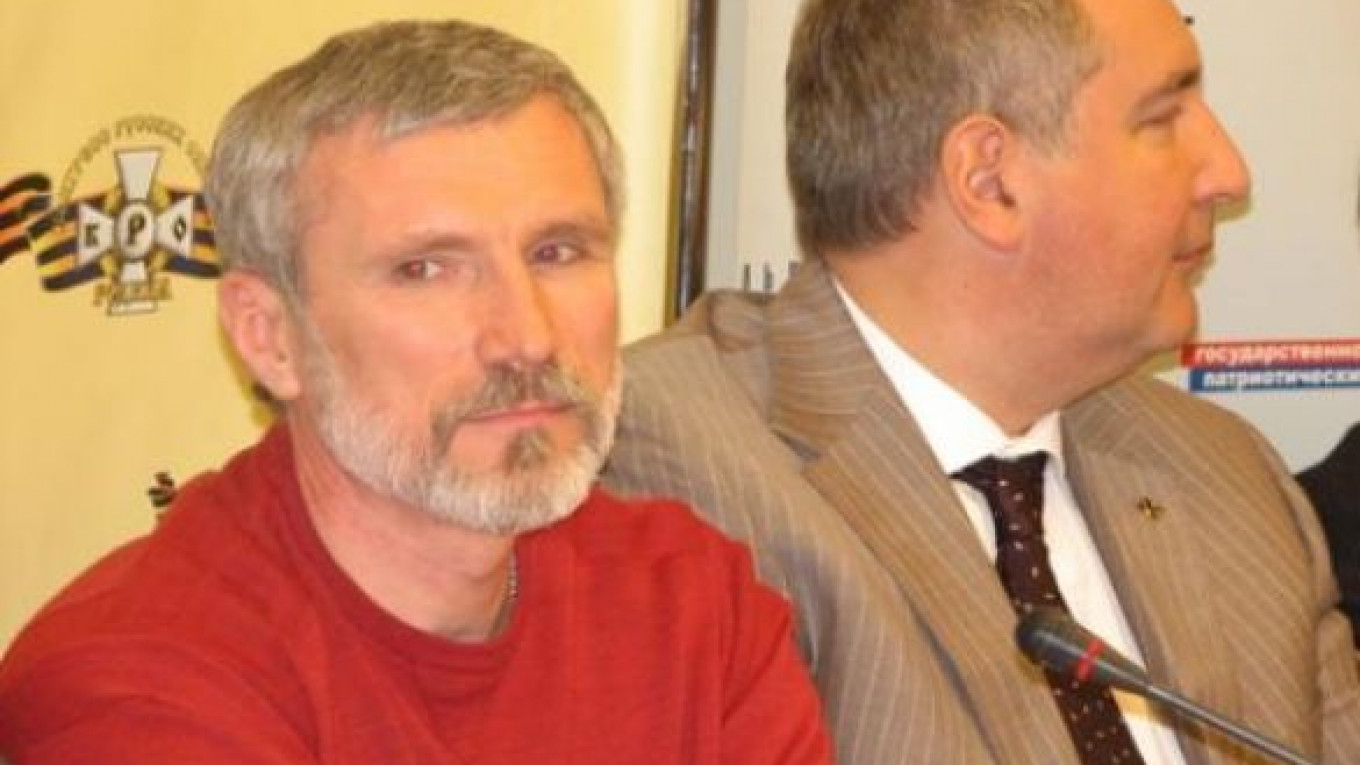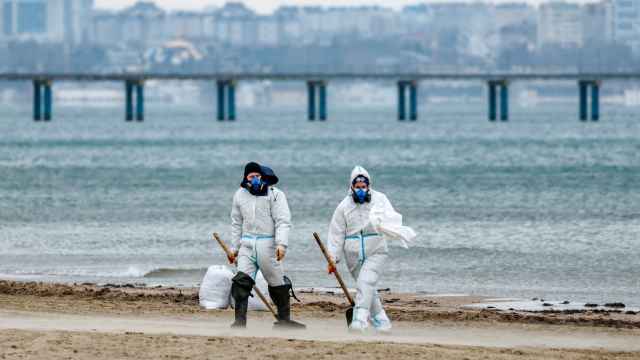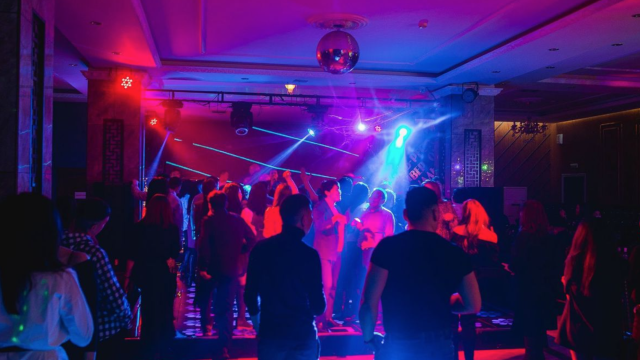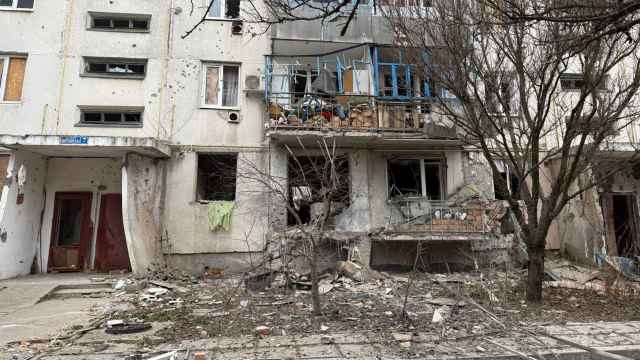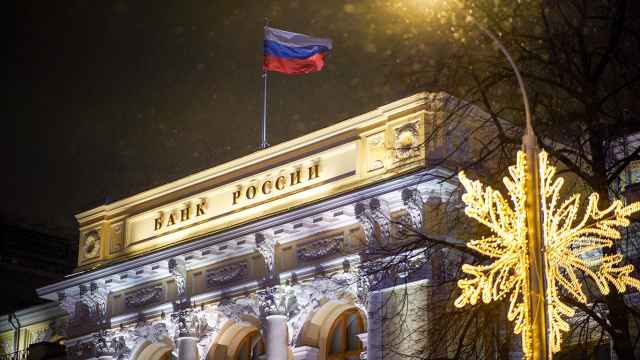A nationalist political organization that cooperates closely with United Russia said it is looking to assemble armed patrols to prevent interethnic conflicts, a few days after Slavs and North Caucasus migrants faced off in a Kirov region village.
Alexei Zhuravlev, head of the Congress of Russian Communities, told Izvestia that the organization would start by creating a "conflict map of Russia."
"It is essential that we create a mechanism for predicting interethnic conflicts. It's not that difficult. Governors, for instance, know perfectly well where such conflicts could happen in their regions," said Zhuravlev, who is also a Duma deputy with the ruling United Russia party.
On the basis of this conflict map, the Congress of Russian communities hopes to dispatch armed volunteers to patrol the streets and keep watch in case violence flares up.
"We are ready to set up volunteer brigades to ensure interethnic harmony in places where there is danger," Zhuravlev said. "It's not right to go around with empty hands and convince everyone with words and opinions. We will find a legal way to arm them [the brigades]."
But experts consulted by Izvestia poured scorn on the nationalist organization's plans.
"You'll not succeed in creating a full-bodied conflict map. We live in a country in which the ethnic makeup is relatively varied and conflicts of this type could arise everywhere," said Nikolai Petrov, a scholar in residence at the Carnegie Moscow Center.
"Instead of creating useless volunteer divisions, it would be better to properly reform the Interior Ministry," he added.
The Congress of Russian Communities was initially founded in 1992 to promote the rights of ethnic Russians living in the newly independent countries of the former Soviet Union.
From 2003 it merged into the Rodina bloc under current Deputy Prime Minister Dmitry Rogozin, who is still considered its informal leader. The organization was reregistered by the Justice Ministry as a separate entity in August 2011.
A Message from The Moscow Times:
Dear readers,
We are facing unprecedented challenges. Russia's Prosecutor General's Office has designated The Moscow Times as an "undesirable" organization, criminalizing our work and putting our staff at risk of prosecution. This follows our earlier unjust labeling as a "foreign agent."
These actions are direct attempts to silence independent journalism in Russia. The authorities claim our work "discredits the decisions of the Russian leadership." We see things differently: we strive to provide accurate, unbiased reporting on Russia.
We, the journalists of The Moscow Times, refuse to be silenced. But to continue our work, we need your help.
Your support, no matter how small, makes a world of difference. If you can, please support us monthly starting from just $2. It's quick to set up, and every contribution makes a significant impact.
By supporting The Moscow Times, you're defending open, independent journalism in the face of repression. Thank you for standing with us.
Remind me later.


